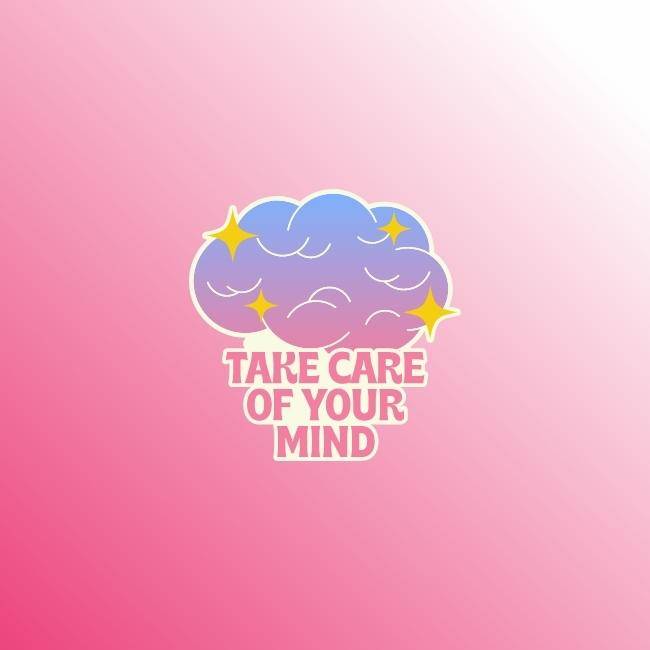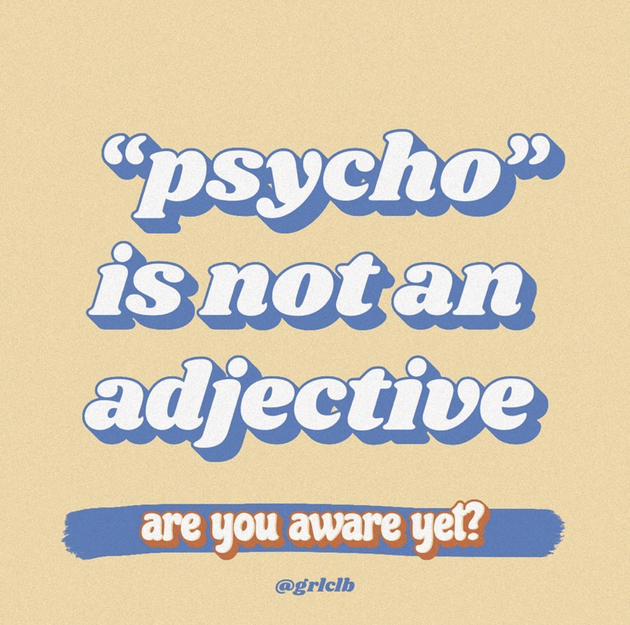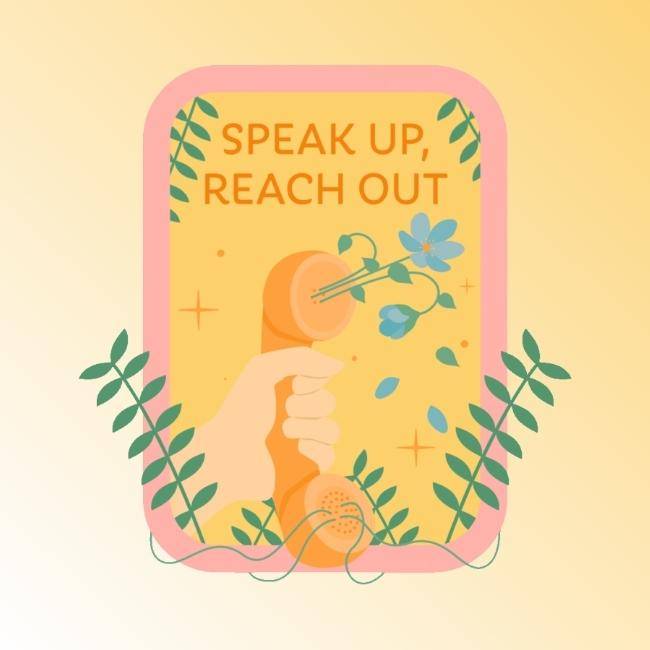Mental health: taking it further than awareness
By Zoe Schulz, Head of Content at myGwork
This week marks Mental Health Awareness Week. A week that will propel conversations we are in dire need of, and for LGBTQ+ people, this is more relevant than ever. The theme for this year is making mental health and wellbeing a global priority for all, which is a pertinent reminder that we cannot leave anyone behind when it comes to conversations on mental health.
With a rising cost of living crisis in the UK, an ongoing attack on trans lives and a global increase in inequality, it’s vital that we are aware of the impact that our socioeconomic environment has on our mental health. We cannot discuss one without the other, and we cannot leave behind marginalised communities as we speak up for better mental health.
LGBTQ+ mental health
For LGBTQ+ people finding effective ways to look after mental health could not be more vital. Evidence has shown that LGBTQ+ people are disproportionately affected by poor mental health, with a higher prevalence of depression, anxiety, self-harm and suicidal thoughts. Research from 2018 revealed that over half (52%) of LGBTQ+ people had experienced depression in the last year, a statistic harrowingly higher than the national average of 3.3%.
Despite the glaringly obvious need for effective mental health services for LGBTQ+ folk, many queer people report widespread discrimination in healthcare settings, meaning treatment is often inaccessible or comes served with a side of discrimination. This was precisely the case for 29-year-old Anthony, “An NHS nurse asked me about my recent gender reassignment surgery and then went on to compare me to a paedophile as if being trans is the same thing. It's shocking how little training NHS staff have had”. Discrimination in healthcare settings equates to LGBTQ+ people being less likely to seek the support and services they need, acting as a barrier to life-saving care for an already vulnerable community.

A queer-affirming therapist can change your life
As we mark this year’s Mental Health Awareness Week, it’s important to note that awareness is a great start, but without effective and accessible services, these conversations may as well be shouted into a void. Yet, despite this need, securing adequate funding for NHS mental health services is an ongoing uphill battle. This has meant that a third of all NHS mental health beds have been lost over the last decade, and 15% of mental health nurses have disappeared. As always, these cuts affect the most vulnerable and lower classes, with those unable to afford private care stranded on waiting lists. It’s also vital that the care available is designed with LGBTQ+ people’s needs in mind; as Rosemary Donahue explains, “An LGBTQ+ or queer-affirming therapist can change your life.”
Seeking mental health care can be a very personal experience, and having a carer that you have to educate on your identity can be exhausting. Niall Donaghy, a mental health nurse, is a firm believer that being LGBTQ+ makes him better at his job: “Being LGBTQ+ has allowed me to have more in-depth insight into the issues affecting my community, thus when I come across an LGBTQ+ patient, I’m better equipped to provide support.”
Although LGBTQ+ people don't have to see LGBTQ+ therapists, they must be LGBTQ-affirming. For many queer people, their experiences in the world are directly linked to their identity. Challenges such as discrimination and hiding your identity impact mental health, so having a therapist who knows how to navigate these topics is non-negotiable. Rosemary understands first-hand just how vital this is, as she explains, “Prior to therapy, I thought I had to “be straight,” which was killing me inside. I firmly believe that if I didn’t have an affirming space to make these big decisions, my depression might have driven me to seriously harm myself.”
ELOP offer life-saving services
Finding care that accessible that is accessible, affordable, and LGBTQ-affirming might start to sound a bit like navigating a maze. However, some services are working to ensure they are all these things. One of these is ELOP (East London Out Project), which has offered mental health services to those in need since 1995.
Sarah Moore shares her experience accessing their services with us “I wish I’d known about the brilliant work of ELOP while I waited for counselling on an NHS waiting list for 1.5 years and couldn’t afford to go private. ELOP provides ‘pay what you can’ mental health support, and their LGBTQ+ counsellors are amazing.” Their ‘pay what you can’ policy means that their services are affordable for everyone, a detail that should be a given for all mental health services, yet is sadly not always the case.

Language matters
On top of rallying for adequate services, there are changes we can all make to help make life easier for those struggling with their mental health, and this starts with language. The language we use is important; it shapes how we perceive the world and influences our attitudes and beliefs. As LGBTQ+ people, we become acutely aware of the importance of language and why using inclusive terminology is vital. Whether describing your sexuality or ensuring you get someone’s pronouns correct, putting effort into using the correct words is a must, and the same is true when we look at mental health.
Terms such as ‘crazy’, ‘psycho’ or ‘bipolar’ are too often used as if they are adjectives describing events, feelings or activities that have nothing to do with the serious mental health conditions they originate from. Using these words in this way perpetuates stigma and discrimination towards mental health issues and creates a barrier to authentic conversations around mental wellbeing. Changing the way that we use these words costs us nothing except a little initial effort, yet the impact this change can have is far-reaching.

What next?
Mental Health Awareness Week is an important reminder that the only way to ensure mental health is no longer taboo is to have open and honest conversations. We shouldn’t need reminding that it’s okay not to be okay, but reminding a loved one of this can act as a catalyst to diminishing stigma. A proactive approach to mental health also starts at home with yourself. Learning to prioritise your own wellbeing in a society that too often associates value with productivity may seem counterintuitive at first, but it is crucial, nonetheless.
At the end of the day, we need awareness, but we must be ready to take this further and stand up for vital services. Creating change starts with a conversation, normalising mental health discussions and checking in on your friends and family. However, this is just a scratch on the surface of what is needed.
Mental health awareness is more than asking someone if they are okay; it’s ensuring they have affordable access to the healthcare they need and enough money to feed and clothe themselves. It’s fighting for their human rights, breaking down gendered stereotypes and unwaveringly speaking up against violence and hate. Mental health awareness is, in its very nature, political because politics plays such a significant role in the quality of life each person is granted. So please check in on your friends and family, but also remember this resolve when you vote, in speaking up for vulnerable people, in your allyship to the LGBTQ+ community, in a pledge to anti-racism work and a commitment to creating a world where all marginalised people can flourish.
If you need support or someone to talk to, you can contact Samaritans on 116 123

